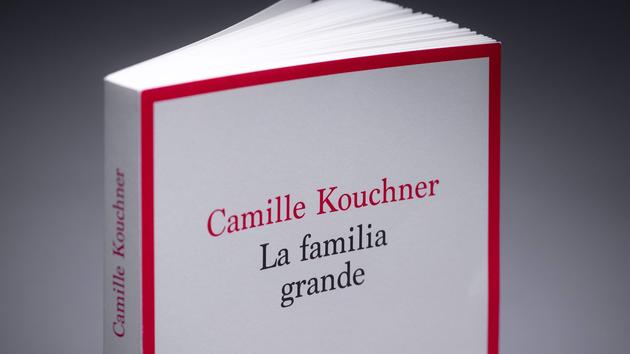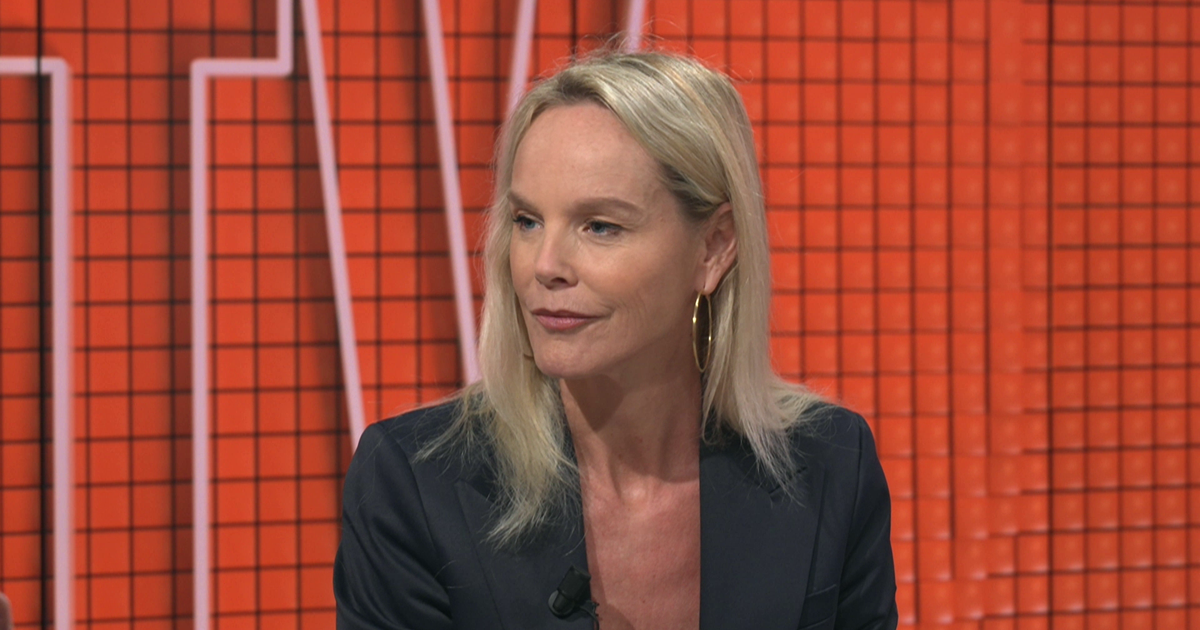Author of several well-known works, Thérèse Hargot has notably published “What could save love?” (Albin Michel, 2020, 208 p., € 17.90).
La Familia grande
is not a book on incest.
It is a book that questions the mechanisms of silence that surround incest in a family.
Shade.
And not just any family, it is that of Camille Kouchner, daughter of Bernard Kouchner, doctor and former minister, and Evelyne Pisier professor of law, as well as stepdaughter of Olivier Duhamel, the famous political scientist;
a family in which no one can pretend to ignore the law.
The author of
La Familia grande
is the witness, not the victim.
The subject is the omerta.
Hence the title.
Hence also my questioning: why, since the publication of the book, do we go astray in talking about sexual violence within families without talking about the reasons for silence?
To read also:
Frédéric Beigbeder: "La familia grande, the war of generations"
Incest is the prohibition that founds all human societies, said Claude Lévi-Strauss.
These are practices
This article is for subscribers only.
You have 81% left to discover.
Subscribe: 1 € the first month
Can be canceled at any time
I ENJOY IT
Already subscribed?
Log in









